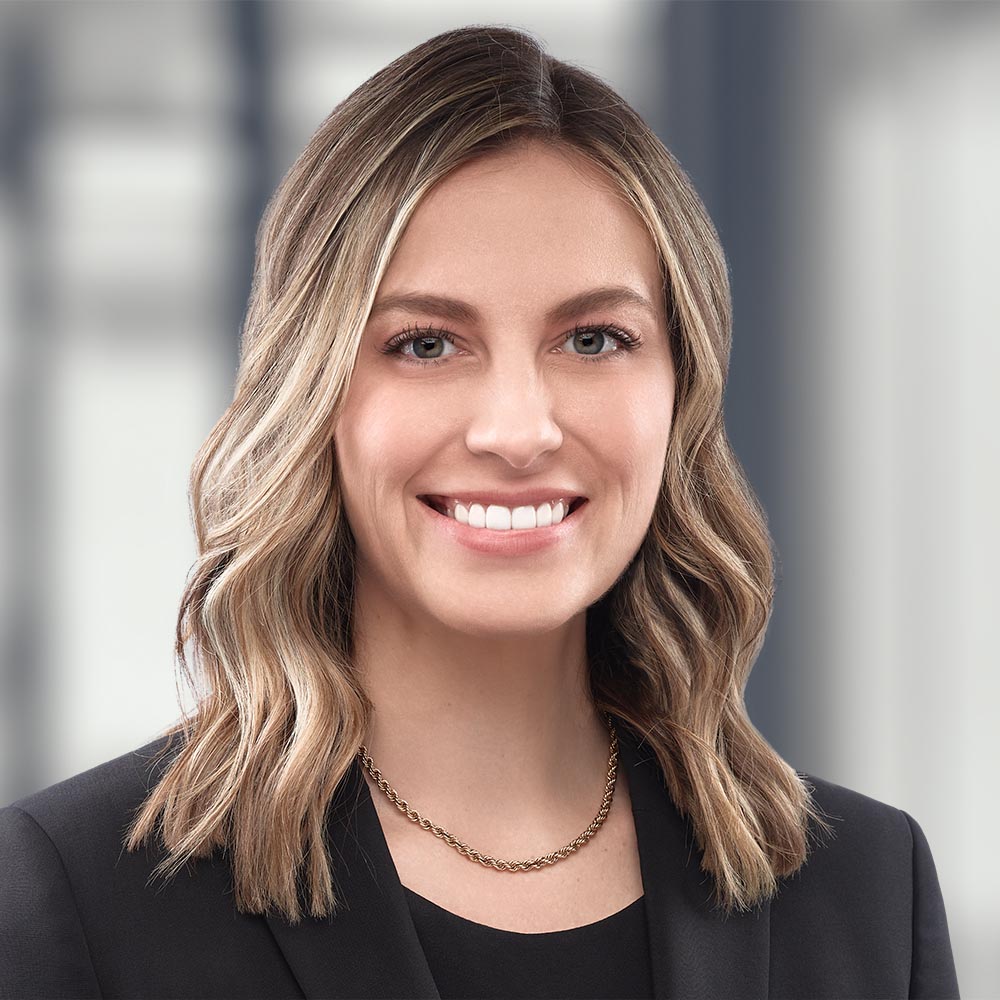Author
While fund sponsors continued to fundraise and investors continued to invest in private funds over Q4 2022, we have been hearing a less than optimistic outlook by some fund sponsors going into 2023 as they sense the relatively easy private capital fundraises of recent years may be dwindling.
While several factors are causing the potential slowdown in fundraising over unprecedented levels in recent years (including increased interest rates, high inflation, more intense investor approval processes, decreased dry powder and general market uncertainty), one of such causes is the “denominator effect”. The denominator effect is when the value of one portion of a portfolio decreases faster than others, leaving investors overweighted to certain asset classes.
The denominator effect in 2023
Some investor limited partners (LPs) are facing private market over-allocation challenges resulting in the denominator effect as their public market portfolios have reduced materially over 2022 while the valuation of their private market assets has remained relatively stable. While some LPs are experiencing the denominator effect due to diversions from perceived optimal portfolio construction, others have internal policies that require them to hold no more than certain specified thresholds in certain asset classes. Despite the denominator effect being a current concern for some LPs, other LPs are finding it less of a concern now than it was for them during the global financial crisis—as since that time, they have developed better systems to manage potential shifts in portfolio construction (such as recession-testing investments and being more selective).
This over-allocation to private assets is one of the reasons some LPs are looking out to 2023 and:
- considering selling some of their private market investments to decrease their private market allocation and rebalance their portfolios (i.e., LP-led secondary transactions); and
- pausing and reassessing their capital deployment plans, potentially reducing their new capital commitments to private funds.
Learn more about how the secondaries market can unlock liquidity in 2023.
Private market opportunity during slowdown?
Notwithstanding the potential impact of the denominator effect (and other drivers), we do not expect a run to sell private market assets or a big year-over-year decrease in new private market capital commitments. While many LPs are overallocated to the asset class, we generally find that most LPs do not want to miss out or sit out—and they recognize they want to keep up their ongoing exposure to private funds from both a return and a relationship perspective (including not missing out on a fund vintage, co-investment opportunities or opportunities to invest in future funds).
Some LPs may even choose to sell certain existing private fund investments through the secondaries market to free up capital to make new private fund investments. Some LPs may see the upcoming year as a great time to be a buyer as LP interests may trade at a discount—LPs that have flexibility with their portfolio management can be particularly well positioned to pursue this strategy.
Overall, however, we think that fund sponsors should generally be prepared for a more difficult fundraising year ahead and that secondary transactions could be more prevalent.
What can fund sponsors do to prepare for a potential increase in LP-led secondaries in 2023?
For fund sponsors looking to efficiently manage more requests for LP transfers of fund interests over 2023, consider preemptively revisiting fund governing documents such as the limited partnership agreement and side letters to understand LP transfer rights and processes (LP transfers are generally subject to GP consent). Fund sponsors may also want to explore with their counsel the advantages of creating standard form transfer documentation to streamline LP transfer processes.
We would also note that while LP-led secondaries can pose an administrative burden on fund sponsors, sometimes they can result in access to new investors and new capital for the fund sponsor. One example is stapled secondaries, where the new buyer purchases fund interests from a current investor while also making a commitment to a new fund of the same fund sponsor.
To discuss these issues, please contact the author(s).
This publication is a general discussion of certain legal and related developments and should not be relied upon as legal advice. If you require legal advice, we would be pleased to discuss the issues in this publication with you, in the context of your particular circumstances.
For permission to republish this or any other publication, contact Janelle Weed.
© 2025 by Torys LLP.
All rights reserved.
